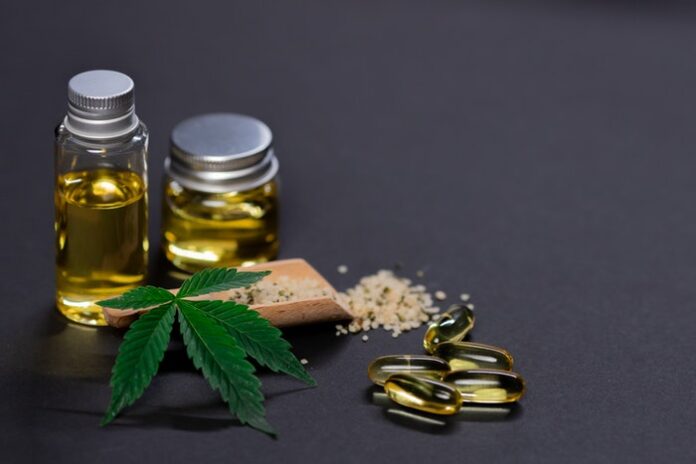In recent years, a plant that has accompanied man for centuries has returned to the fore, providing him with pharmacological remedies and textile products of the highest quality. Besides, CBD oils and CBD products are now legally used in sports … find out more here.
With CBD, we are talking about cannabis sativa. So why, to date, if the term “cannabis” is used, many think only of the narcotic substance? Due to ferocious persecution during the post-war period, obviously, for economic reasons, this plant represented a real threat to the paper and plastic industry.
A prohibition ― that of hemp — has failed miserably in recent years, thanks above all to studies on one of its primary metabolites, cannabidiol (CBD), which has demonstrated its multiple and undeniable beneficial effects on the body and mind.
Thus, numerous points of sale of cannabis (i.e., free of THC ― responsible for the psychotropic effects — and with a high concentration of CBD) in the UK and Europe were born.
It was, therefore, necessary to regulate its use. In this article, we will go over the use of cannabidiol and its regulation at the European level.
The Hemp Market in Europe
The economic boom of hemp is now well known. Its cultivation for commercial or research purposes is allowed in over forty-seven states. Among the significant hemp producers, there are important countries such as the USA, China, Canada, France, and Chile. Globally, 70,000 hectares of land are destined for this type of cultivation in North America; in Europe, there are already more than 40,000 hectares planted with hemp, for a total of over 160,000 hectares in the world.
In the European Union, hemp production is mainly developed in France, Holland, Lithuania, and Romania. However, almost 50% of the entire harvest is produced in France alone.
CBD in Europe
Therefore, it is clear that all those CBD-based products also derived from hemp crops, which we remember, are multiple and all with positive psychophysical actions. Cannabidiol is now found in cosmetics, oils, medicines, and foods. It is all legal since these products contain insignificant amounts or do not contain any THC, the other primary metabolite of cannabis that has psychotropic action (a “high” to be precise).
European laws allow the cultivation and marketing of all products derived from the plant, as long as they contain a percentage of tetrahydrocannabinol (THC) not exceeding 0.2%.
To clarify, and to give you a complete picture of the situation in Europe, we report below the regulations of some representative European countries:
- Switzerland: Although it is not formally part of the EU, the possession, consumption, and sale of CBD is allowed even with the presence of relatively high THC rates (1%);
- Germany: The prescription of cannabis (with THC) as a pain reliever medicine is widely accepted but only for seriously ill patients. CBD products, free of THC, such as hemp oil, are instead sold in stores without the need for any medical prescription;
- Denmark: Hemp-based products are legal only if the THC rate is less than 0.2%, just as per European legislation;
- Sweden: The drug law is one of the most restrictive of all: Swedish medical agencies try to include CBD as an analgesic medicine, but success is still not guaranteed. Meanwhile, European legislation still applies, and CBD products with a THC rate of less than 0.2% can be purchased;
- France: Only hemp fibers and seeds can be marketed and industrially used. As a result, it is impossible to extract CBD, and in fact, France buys it from other countries, especially Switzerland.
Conclusions
The consumption of legal CBD is constantly growing in the UK and Europe, among those who appreciate the effectiveness and speed with which this molecule releases its relaxing, pain-relieving, and anti-inflammatory effects. Therefore, the psychoactive element is eliminated, or almost, and cannabis offers an essential contribution in treating painful and often disabling pathologies.
Find a Home-Based Business to Start-Up >>> Hundreds of Business Listings.

















































